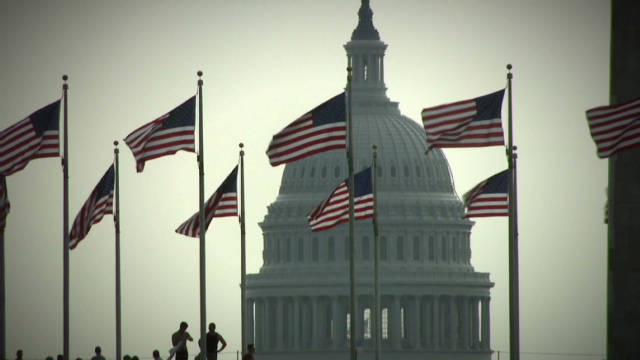China Under Xi Ventured Up ‘Forceful’ International Strategy
China Under Xi Ventured Up ‘Forceful’ International strategy Towards India: US Congressional Commission Report
China under President Xi Jinping has ventured up its “forceful” international strategy toward India and “opposed” endeavors to explain the Line of Genuine Control that kept an enduring harmony from being acknowledged, as indicated by a report discharged by a US Congress designated commission.
The armed forces of India and China have been secured a severe stalemate at various areas in eastern Ladakh throughout the previous seven weeks, and the strain heightened after 20 Indian warriors were murdered in a fierce conflict in the Galwan Valley on June 15.
Under General Secretary of the Chinese Communist Party(CCP) Xi Jinping, Beijing has ventured up its forceful international strategy toward New Delhi. Since 2013, China has occupied five significant quarrels with India along the Line of Actual Control (LAC), said a brief gave by US-China Monetary and Security Audit Commission.
Under General Secretary of the Chinese Communist Party (CCP) Xi Jinping, Beijing has ventured up its forceful international strategy toward New Delhi. Since 2013, China has occupied five significant squabbles with India along the Line of Actual Control (LAC), said a brief gave by US-China Financial and Security Audit Commission.
“Beijing and New Delhi have consented to a progression of arrangements and focused on certainty building measures to balance out their fringe, yet China has opposed endeavors to explain the LAC, keeping an enduring harmony from being realized, said the report and was set up in line with the Commission to help its consultations.
Created by Will Green, an Approach Examiner on the Security and International concerns Group at the Commission, the report says that the Chinese government is especially frightful of India’s developing relationship with the US and its partners and accomplices.
Wrote by Will Green, a Strategy Examiner on the Security and International concerns Group at the Commission, the report says that the Chinese government is especially frightful of India’s developing relationship with the US and its partners and accomplices.
The most recent fringe conflict is a piece of a more extensive example where Beijing looks to caution New Delhi against lining up with Washington, it said. After Xi expected force in 2012, there was a critical increment in conflicts, in spite of the way that he met PM Narendra Modi a few times and Beijing and New Delhi have consented to a progression of certainty building components intended to alleviate strains.
After Xi expected force in 2012, there was a noteworthy increment in conflicts, regardless of the way that he met PM Narendra Modi a few times and Beijing and New Delhi have consented to a progression of certainty building systems intended to relieve strains.
Before 2013, the least significant fringe conflict was in 1987. The 1950s and 1960s were an especially tense period, finishing in 1962 with a war that left a great many troopers dead on the two sides, as indicated by the records of China’s People’s Liberation Army, the report said.
The 2020 clash is in accordance with Beijing’s undeniably emphatic international strategy. The conflict came as Beijing was forcefully squeezing its other far-reaching power claims in the Indo-Pacific district, for example, over Taiwan and in the South and East China seas, it said.
The 2020 encounter is in accordance with Beijing’s undeniably emphatic international strategy. The conflict came as Beijing was forcefully squeezing its other broad power claims in the Indo-Pacific area, for example, over Taiwan and in the South and East China seas, it said.
China is occupied with fervently challenged regional questions in both the South China Ocean and the East China Ocean. Beijing has developed and mobilized a large number of the islands and reefs it controls in the district. The two zones are expressed to be plentiful in minerals, oil, and other characteristic assets and are essential to worldwide exchange.
China asserts practically the entirety of the South China Ocean. Vietnam, the Philippines, Malaysia, Brunei, and Taiwan have counter cases over the zone. China asserts practically the entirety of the South China Ocean. Vietnam, the Philippines, Malaysia, Brunei, and Taiwan have counter cases over the zone.
Half a month prior to the conflict in the Galwan Valley, Chinese Barrier Pastor Wei Fenghe approached Beijing to use battling to advance stability as the nation’s outer security condition declined, an expected sign of China’s goal to proactively start military pressures with its neighbors to extend a picture of solidarity, the report said.




